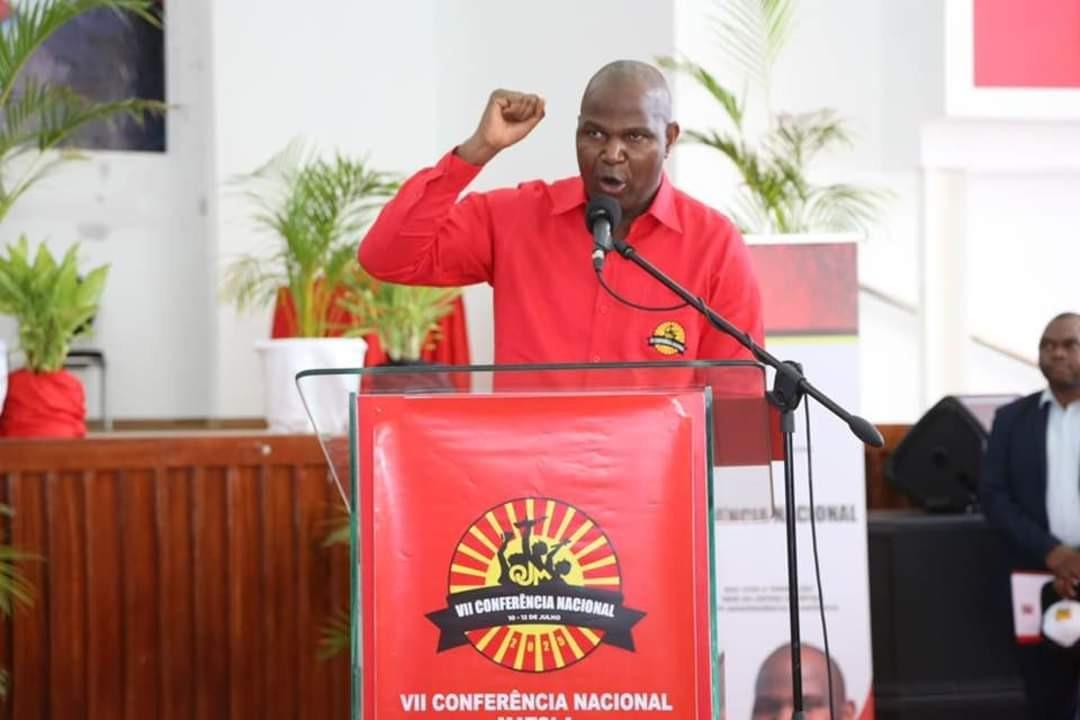Africa-Press – Mozambique. Mozambican President Daniel Chapo announced on Thursday that 60 per cent of the loans granted by the Local Economic Development Fund (FDEL) will be allocated to projects led by young people.
Speaking in his capacity as President of the ruling Frelimo Party, during a National Conference of the Frelimo youth wing, the OJM (Mozambique Youth Organisation), he said that such projects would be intended to stimulate the entrepreneurial spirit and stimulate the development of the country’s districts and municipalities.
The FDEL would be available in all districts and municipalities, he promised, and would “catalyse young people’s economic activities”. It would promote income generation and democratise access to financing.
Chapo said the fund is a strategic effort to combat the obstacles to formal credit, to support small businesses and to create jobs based on the efforts learnt from the past.
He did not say how much money will be available from the State Budget for the FDEL. The comparison made frequently is with the District Development Fund (FDD) set up quarter of a century ago under the government of President Armando Guebuza. Under the FDD, seven million meticais (110,000 dollars at today’s exchange rate, but worth much more when the fund was set up) was made available every year for every district to finance projects that were intended to boost food production and generate jobs.
The money was intended as loans, not grants, but most beneficiaries never repaid their loans. Year after year, hundreds of millions of meticais were thrown at FDD beneficiaries. When the FDD ceased to exist, no audit was done, and it is not clear what lasting benefits, if any, the Fund had. Chapo has not yet explained how the FDEL will avoid the fate of the FDD.
Chapo said that, alongside the FDEL, the government is preparing other lines of financing specifically for young entrepreneurs, including a Mutual Guarantee Fund, and an Economic Recovery Fund.
Chapo urged young people to think of solutions for themselves, instead of asking what the government could do for them. Instead of waiting for the government, they should “propose concrete solutions” to challenges such as unemployment, the shortage of housing and access to professional training.
“We need an OJM that is financially robust and free of outside dependence”, he urged. “It is time for young people to think about how to make their organisation relevant, sustainable and prepared to meet the national challenges”.
For More News And Analysis About Mozambique Follow Africa-Press






